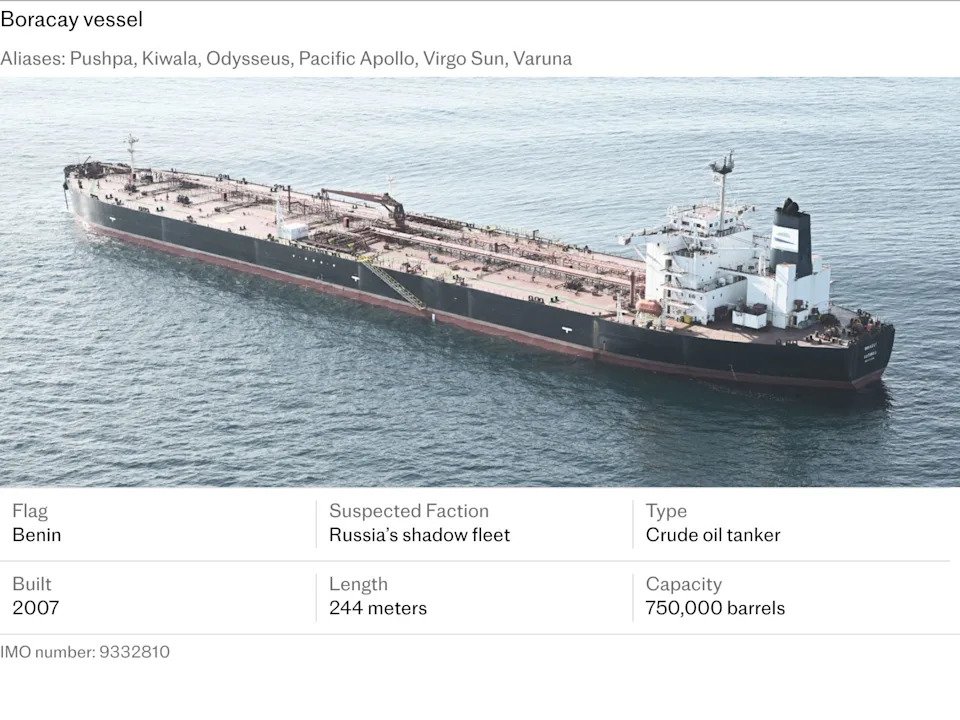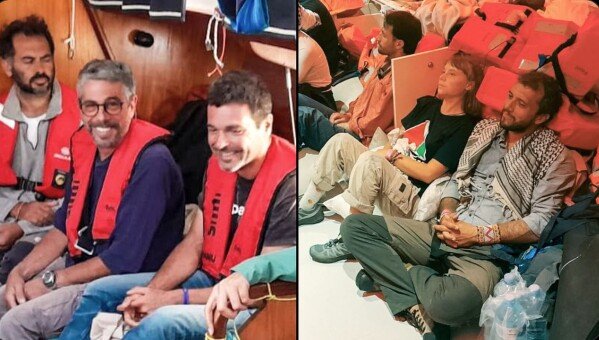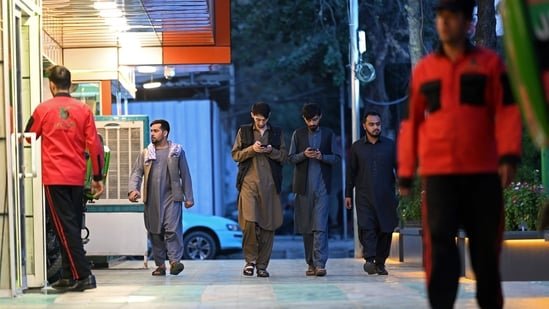Deposed Syrian tyrant Bashar al-Assad was poisoned in Russia right under his pal Vladimir Putin’s nose, according to a human rights watchdog.
The Syrian Observatory for Human Rights reported Thursday that al-Assad was rushed to an emergency room near Moscow on Sept. 20 and was in critical condition at an intensive care unit. He was released last week after recovering, the group said.
Rami Abdul Rahman, the organization’s director, said a “reliable source” told him that al-Assad was targeted in a “poisoning operation.” The fallen Syrian dictator was reportedly poisoned while at home in a villa near Moscow that is heavily guarded by Russian authorities.
“We asked the Russian authorities to clarify what happened and who poisoned him,” Rahman wrote. “The source confirmed that the Russian government had nothing to do with the matter, but it may have been intended to implicate the Russian government.”
The people behind the alleged poisoning operation had no ties to the Syrian or United States governments, Rahman added.
“Whether he was killed or not, the Russian government is responsible and has not yet responded to the matter,” he said.

Al-Assad reportedly allowed his brother Maher and his top aide Mansour Azzam to visit him in the hospital. The strongman lives with his entourage in the Russian villa, where his brother had also paid him a visit, according to the report.
The Kremlin-aligned former dictator was in power for two decades until last year, when rebels toppled his regime and forced him to flee to Moscow.
The Telegram account General SVR, which claims that it’s run by a former top spy in Russia, alleged in December that al-Assad was poisoned in an assassination attempt.
Fact-checking website Snopes cast doubt on the Telegram account’s report, noting its history of dubious claims and the lack of independent confirmation.
Al-Assad’s wife Asma, meanwhile, has been battling leukemia. Her father told the Daily Beast last year that she wished to return to her native London because “her health condition cannot be adequately monitored in Moscow.”






